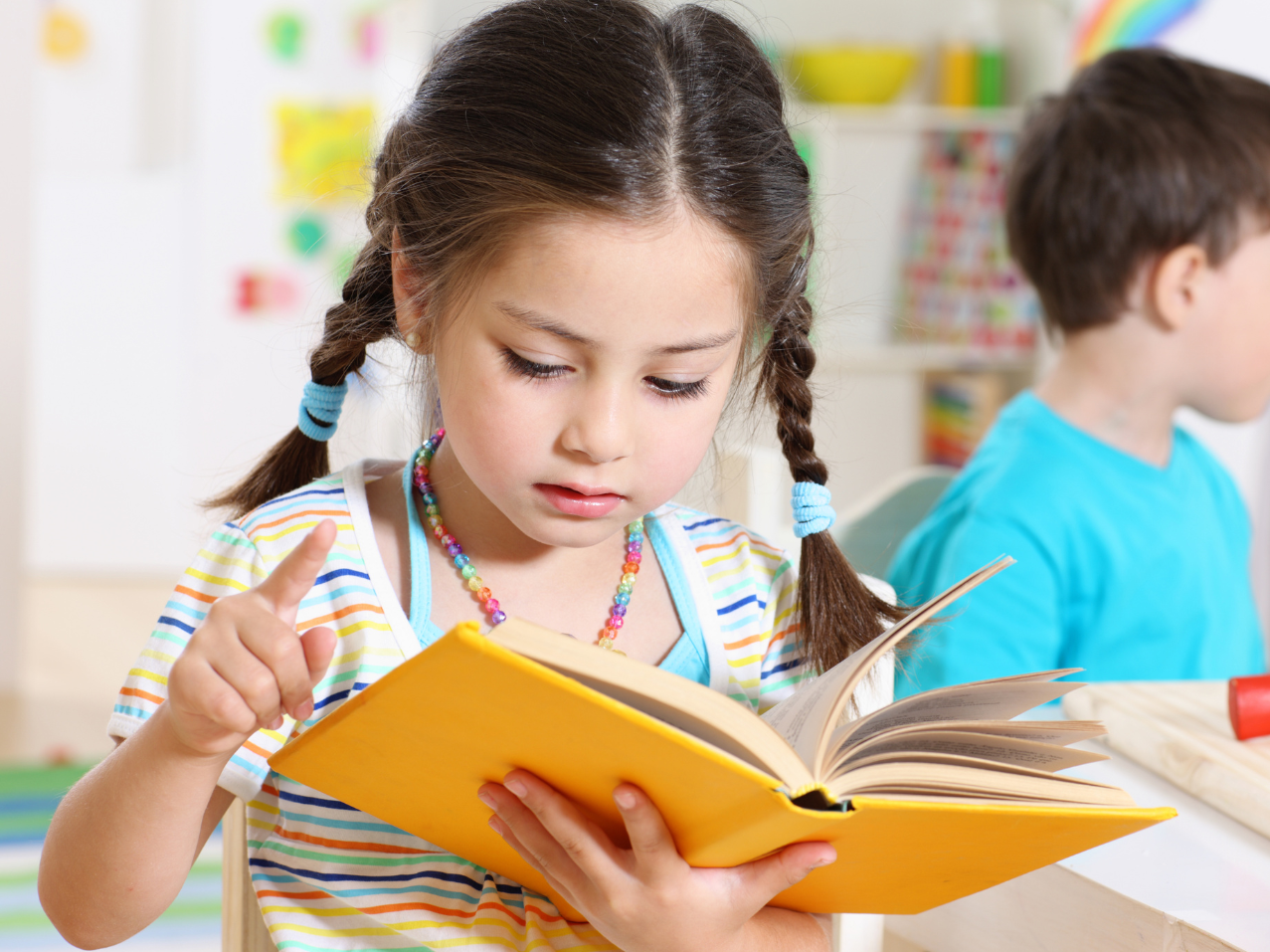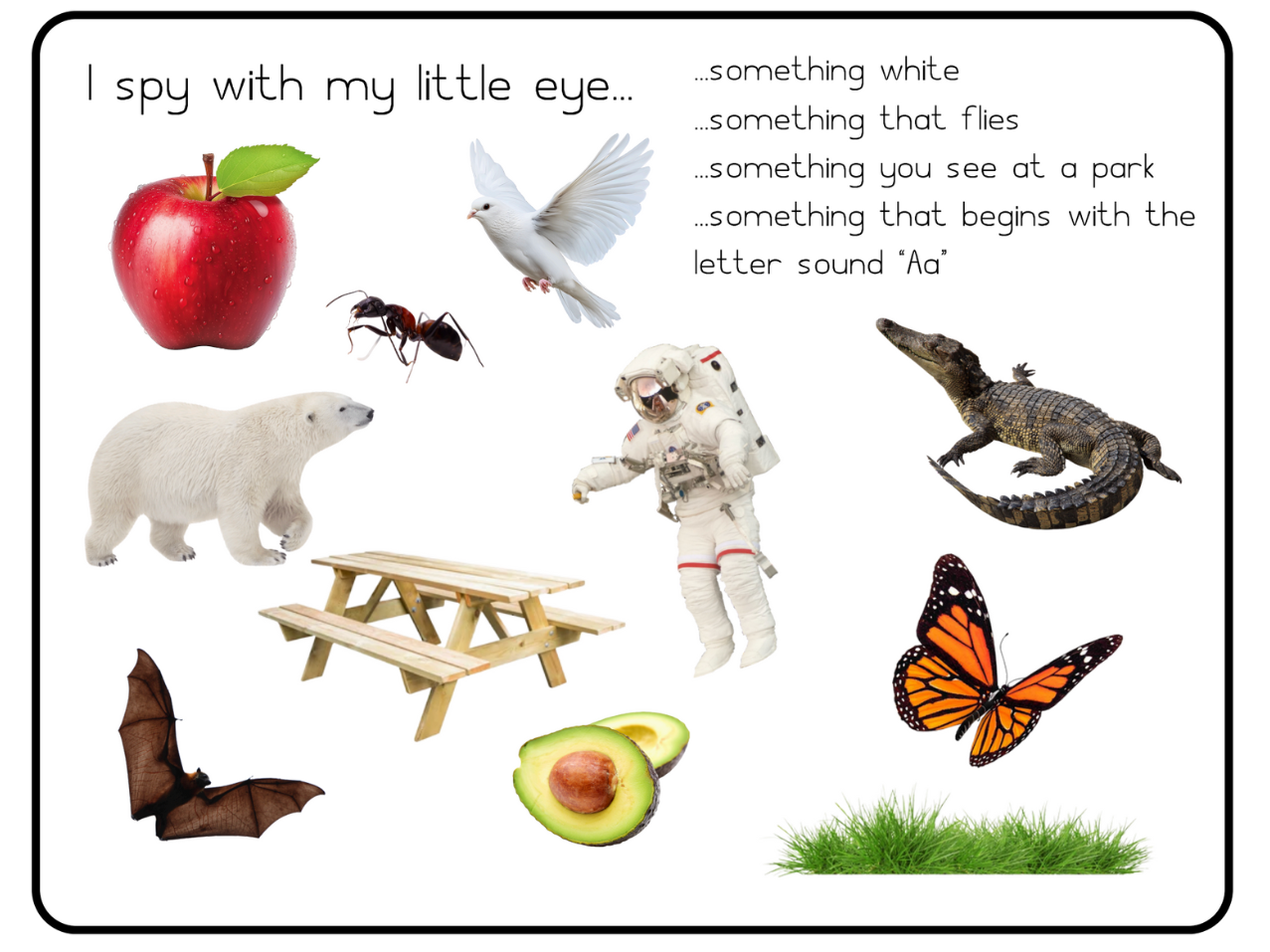Menu
-
-
Shop Holiday Items
-
Shop Gifts By Age
- Gifts For a 0-6 Month Old
- Gifts For A 6-12 Month Old
- Gifts For A One Year Old
- Gifts For A Two Year Old
- Gifts For A Three Year Old
- Gifts For A Four Year Old
- Gifts For A Five Year Old
- Gifts For A Six Year Old
- Gifts For A Seven Year Old
- Gifts For An Eight Year Old
- Gifts For A Nine Year Old
- Gifts For A Ten Year Old
-
Shop Gifts By Budget
- New Arrivals
-
Toys
- Large Active Toys
- Animal Toys
- Arts & Crafts
- Award-Winning Toys
- Bath Toys
- Birthday Wishlists
- Building Toys
- Cars, Trains, & Trucks
- Games
- Instruments
- Loose Parts Play
- Loot Bag Toys
- Made in Canada
- Outdoor Toys
- Pretend Play
- Puzzles
- Sensory And Fidget Toys
- Sensory Bin Tools & Fillers
- STEM Toys & Activities
- Toronto-Themed Gifts
- Travel Toys
- Wooden Toys
- Waiting Room Toys & Furniture
-
Montessori Materials
- Montessori At-Home Program
-
Montessori Furniture
-
Bundles & Sales
-
Books
-
Shop By Age
-
Shop By Brand
- Brands A-F
- Brands G-L
-
Brands M-R
- MagicPlaybook
- Magna Tiles
- Make Believe Ideas
- Makedo
- Manhattan Toys
- Math for Love
- Milaniwood
- MindWare
- Mojo Toys
- Moluk
- Moulin Roty
- Native Northwest
- nic
- Nienhuis
- Ooly
- Opinel
- Ostheimer
- Papoose
- Peaceable Kingdom
- Plan Toys
- Plus-Plus
- Preschool Collection Watches and Timers
- Ravensburger Puzzles
- Real Life Pages
- Brands S-Z
-
- 866-901-4696
- Gift Registry
- Login


Why "Use Your Words" doesn't work... and what does!
2 min read
As parents and caregivers, we:
- Feel bad they're hurt
- Find the crying/yelling overstimulating
- Want to help but don't know how
You might ask "what’s wrong?" or suggest "use your words" but they can't.
When young children are upset, it can be difficult for them to find the words to express themselves.
It takes life experience, language skills, emotional development, and self-awareness before a child can articulate their feelings.
Asking them to tell you what's wrong, it likely only going to lead to more frustration - for everyone.
What To Do Instead of Saying "Use Your Words"
When your child is upset, get down on their level so that you’re eye to eye, share your observations, validate their expression of emotions, and then offer ways to help them feel better.
For example:
-
"I can see you’re very upset about something and I want to help you. Can I give you a hug?"
You’ll notice with this example that we ask the child if they want a hug, rather than just going in for one. Asking them first is a sign of respect that helps them to develop body autonomy.
- "Here’s a tissue."
- "Let’s go take a break outside."
- "Let’s go get some water."
Every child will need different strategies to help them get back to a state of calm. They may reject all the above suggestions.
Some children simply needed space and time.
You can say something like "I’m going to give you some space and I’m just over here if you need me."
Some children just need to cry it out.
If this is the case, you can do something else nearby, offering a gentle smile every once in a while to remind them you're there.
High Stress Situations ≠ NOT Teachable Moments
Dr. Stuart Shanker, author of the book Self-Reg, explains that moments of stress are not teachable moments.
When a child is upset, it’s best to help them get back to state of calm before talking to them about their feelings.
Once a child is calm, then you can talk to them about what happened and offer ideas on what they can do next time they’re feeling upset.
You can also help your child to develop self-regulation skills by helping them to identify why they may be feeling the way they are, i.e. "I can tell you're hungry. Let's go get you a snack" or "You're probably feeling sad because grandma left. Let's give her a call".
Articulating these stressors, will eventually help your child to do it on their own.
We have this great blog post from last year with images you can print out, showing all the reasons why a child/person might feel dysregulated.
Find them here: Dr. Stuart Shanker's 5 Domains of Self-Regulation.
There are WAY MORE reasons than you likely think there are.
Join Our Montessori Community
Sign up to get weekly activities, free printables, Montessori parenting guidance, and so much more.
Plus, get $10 off your first order of $100+.
Like this article? Get new articles, weekly activities, free printables, Montessori parenting guidance, and so much more.
One mom recently shared:
"Your newsletter is always SO great. It is one of the few I open and read weekly. You provide so much value. Thank you!"


